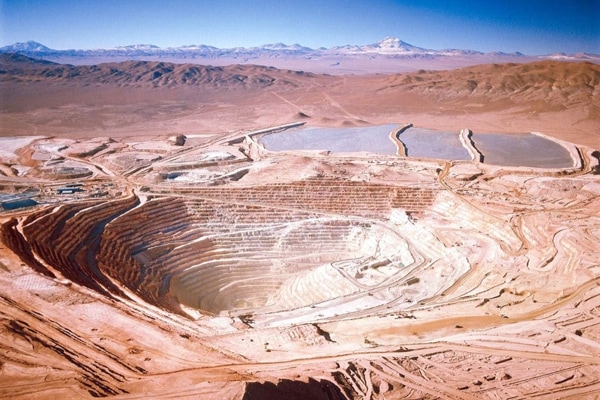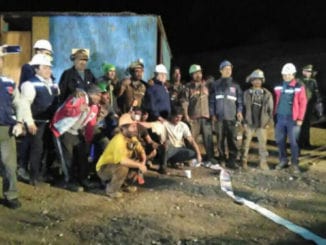
Chile’s Escondida has agreed to meet with its union and made changes to its contract offer, it said on Friday, a move that could herald the first real sign of a breakthrough in a strike at the world’s biggest copper mine.
The strike at the BHP Billiton-owned mine has lasted 37 days and has driven up the copper price on expectations of tighter supply.
On Thursday, the union invited the company to return to the negotiating table, on the condition that Escondida gave a written guarantee that talks would focus on the union’s three key demands.
It wants Escondida not to trim benefits in its existing contract, not to make shift patterns more taxing, and to offer the same benefits to new workers as those already at the mine.
“We have answered this letter today and suggested the possibility of meeting Monday,” Escondida President Marcelo Castillo told journalists.
He said the company had made a fresh offer on salaries, bonuses and benefits.
“In our reply we have included those three points and many more,” he said, although he did not give more details nor say if the company would pledge to give the written guarantee demanded by the union.
Local media said that the new offer included a higher bonus of $17,000, compared to the earlier offer of $12,000 and the $38,000 asked for by the union.
The offer also acceded to union demands to maintain benefits and commit to giving new workers the same terms as existing employees, newspaper La Tercera reported.
Under Chile’s new labor law, the ‘floor’ of wage talks must begin with at least the weakest benefits offered in the last round, triggering a fear in the union that lower benefits for new workers could cost them in the long-term.
Escondida would not move forward with plans to restart operations at the mine or port while it gave the workers a chance to consider the new offer, said Castillo.
The union could not immediately be reached for comment.
Escondida, majority-controlled by BHP with minority participation by Rio Tinto, and Japanese companies including Mitsubishi Corp, produced over 1 million tonnes of copper, about 5 percent of the world’s total, last year.



